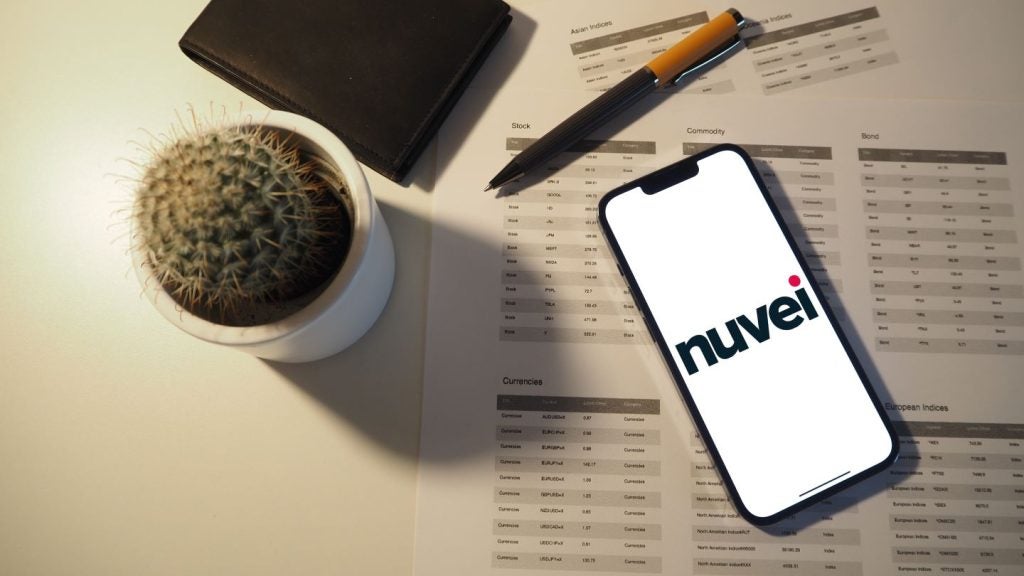As digitalisation sweeps across each sector, companies are waking up to the fact that they must evolve with the new tide in order to stay competitive and cultivate their future. One industry that has remained largely unchanged for the last decade has unveiled plans as part of its digitisation strategy. Now charities will be able to accept contactless donations on the street and in shops. Alexander Atkins writes
As we start to see contactless payments appearing for more and more uses, the charity sector has come up with one idea to both incorporate contactless payments and to help boost casual donations: contactless acceptance for donation tins.
The scheme, developed between members of the charity sector and acquirers, and facilitated by the UK Cards Association aims to revolutionise casual donations by allowing those, who have no change but still want to give, with the option to donate by using their contactless card on devices attached to the donation buckets or tins.
One of the first to sign on to the scheme was Cancer Research UK. The charity, which is the sixth biggest charity in the UK by total income according to the national regulator, the Charity Commission, launched its contactless collections systems across the UK on the 4th February, World Cancer Day.
"We launched it as part of our World Cancer Day fundraising campaign," says Michael Docherty, director of digital and supporter experience at Cancer Research UK. "Supporters had the opportunity to donate £2 to the charity’s life-saving research to beat cancer sooner by simply tapping their contactless card on a specially designed reader, operated by our fundraising volunteers," he added.
It marks a milestone in the digitisation of the sector and is a creative solution to a society that is, in many instances, fast becoming cashless, meaning fewer donations in stores and on the streets where volunteers regularly ask the public for donations and spare change.
"Cancer Research wants to be at the forefront of innovation in this space, to continue exploring new technology and trends that will help raise more money and continue to fund our life saving research," says Docherty.
The charity is hoping that the new form of giving will increase steadily declining donations, and that it will encourage people to give in a way that is convenient for them.
"With the increasing use of contactless on the high street, along with the decline we’re seeing in cash usage, it seemed a natural next step. We hope our supporters will be really excited and inspired by contactless donations," explains Docherty.
According to Docherty though, the biggest challenge facing the scheme was not in applying the technology, but in creating awareness to the public that the option to use contactless was now in place for donations. He explained that, together with the UK Cards Association, Cancer Research UK is working with a number of other charities across the industry to ensure consistency and scale so as to help drive contactless donations throughout the sector.
The scheme means that fundraising volunteers for charities can walk about in public with portable contactless terminals which accept Visa and MasterCard contactless cards. However, other payment methods such as Apple Pay and Android Pay will also be accepted meaning those wanting to donate will be able to do so with wearables as well, such as the Apple watch.
The concept, which is hoped to greatly boost donations, has been in the planning for the last ten months and has involved dialogue between a range of interested parties.
"Cancer Research UK has been working alongside the payments industry, through the UK Cards Association, and a consortium of charities to scope the potential for contactless giving," says Docherty. "Conversations have been on-going, and this trial represents a small step in the right direction for charities learning about and expanding contactless donations," he added.
The UK Cards Association (UKCA) has been involved in several contactless developments in different industries recently, the most notable being the recent announcement of contactless payment for transport throughout the UK, based on a similar system to that used by TfL.
For this charity scoped scheme they took a communicative role between the interested parties and were not directly involved in the schemes development.
However, they admit that they have identified a number of environments in which these donation devices can work. One such idea to further expand the concept is to have similar devices installed on the donation boxes in museums "where you could tap your card or phone instead of dropping coins or notes into a donations box", says a spokesperson for UKCA.
Although charities have in many ways already digitised, by being able to take direct debit donations or online and mobile donations and through the use of apps, this concept certainly represents a step forward in digitising the charity sector.
Docherty advocates that digitisation is crucial to the survival of the industry. "We’re continuously looking at improving our fundraising and services to supporters, of which digital is a key part," he said. "Over the last few years we’ve seen a drastic increase in the number of people engaging through digital channels, and we will continue to listen to our supporters and do our best to make it easy and satisfying for them to help us raise more money and continue to fund our life-saving research, as digitisation happens around us.







